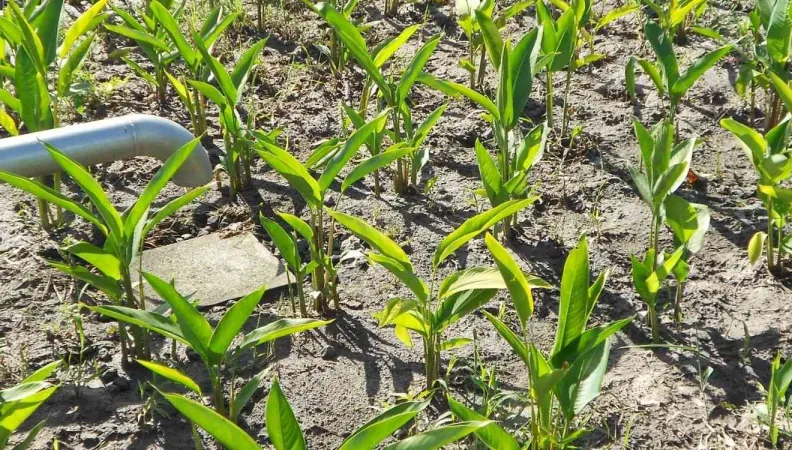Share the page
Supporting the deployment of wastewater treatment systems using vertical flow planted wetlands
Project


-
Project start date
-
Status
Ongoing
-
AFD financing amount
-
300 000 €
-
Country and region
-
Location
-
Cuba, Dominica and Saint Lucia
-
Type of financing
-
Beneficiaries
-
The International Office for Water (IOWater)
AFD is co-financing a program led by IOWater for the regional deployment of sanitation systems using vertical flow planted wetlands. For several years, this technology has been developing in Martinique and Guadeloupe. These systems have proven effective for wastewater treatment in tropical areas. They provide a strategic solution to sanitation challenges in the Caribbean, especially in coastal areas where tourism creates strong pressure on the environment and biodiversity.
Context
Sanitation is an environmental and health concern that is common to Caribbean States. The current situation is of great concern: the collective sanitation facilities are both insufficient in light of the need and have a major impact on aquatic environments. The Caribbean region is subject to strong natural constraints and the low resilience of “hard” facilities to these extreme weather events can lead to wastewater being discharged directly into natural environments.
Wastewater treatment techniques inspired by nature-based solutions, such as vertical flow constructed wetlands, offer a valuable alternative to conventional treatment plants, with the added benefits of being less expensive and more resilient to natural hazards.
Description
This regional project seeks to promote innovative practices and natural solutions for wastewater treatment in new pilot areas, based in particular on experiences in Martinique. It is particularly well-suited to tropical and island contexts. The goal is to deploy ‘ATTENTIVE’ technology, a wastewater treatment system using vertical flow constructed wetlands, in three Caribbean States (Saint Lucia, Dominica and Cuba).
The project will involve technical and feasibility studies, knowledge transfer and exchanges on the results from the various pilot experiments. These units, which are smaller in size than existing treatment plants, will be tested and should produce faster feedback to advance the model.
Impacts
This project contributes to the promote of nature-based wastewater treatment solutions (vertical flow planted wetlands) with impacts on climate change adaptation. In the long-term, the deployment of these units in the Caribbean will have major positive impacts on uses of the sea, primarily for tourism and water sports, the reduction of health risks associated with poor water quality, and the protection of fishing resources. It will also enable the sustainable management of natural resources by preserving the ecosystems and biodiversity.


